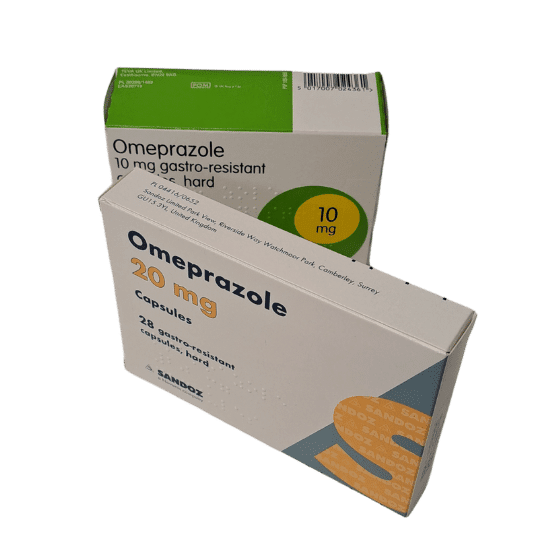
The image is for illustration purposes only.
The brand supplied may vary.
£6.00 – £8.00
Pack Size: 28 tablets
♦ Omeprazole capsules are effective in reducing the production of stomach acid.
♦ They are used to treat acid reflux, heartburn.
♦ Omeprazole belongs to a group of medicines called ‘proton pump inhibitors’.
♦ Available to buy online from Online Chemist.
Price:
Omeprazole capsules 10mg: £6.00
Omeprazole capsules 20mg: £8.00
To order omeprazole capsules online, please click below ⇓
They belong to a group of medicines called ‘proton pump inhibitors’. Omeprazole capsules work by reducing the amount of acid that your stomach produces.
Omeprazole is used to treat the following conditions:
♥ GORD (gastro-oesophageal reflux disease). This is where acid from the stomach escapes into the tube which connects your throat to your stomach causing pain, inflammation and heartburn.
♥ ulcers in the upper part of the intestine or stomach.
♥ ulcers which are infected with Helicobacter pylori bacteria. If you have this condition, your doctor may also prescribe antibiotics to treat the infection and allow the ulcer to heal
♥ ulcers caused by medicines called NSAIDs (Non-Steroidal Anti-Inflammatory Drugs). Omeprazole can also be used to stop ulcers from forming if you are taking NSAIDs such as ibuprofen, naproxen etc.
♥ too much acid in the stomach caused by a growth in the pancreas (Zollinger-Ellison syndrome).
♥ if you are allergic to omeprazole or any of the other ingredients of this medicine
♥ if you are allergic to medicines containing other proton pump inhibitors (e.g. pantoprazole, lansoprazole, rabeprazole, esomeprazole)
♥ if you are taking a medicine containing nelfinavir (used for HIV infection).
Omeprazole may hide the symptoms of other diseases. Therefore, if any of the following happen to you before you start taking omeprazole or while you are taking it, talk to your doctor straight away:
You should report any new and exceptional symptoms and circumstances whenever you see your doctor.
Taking a proton pump inhibitor like omeprazole, especially over a period of more than one year, may slightly increase your risk of fracture in the hip, wrist or spine. Tell your doctor if you have osteoporosis or if you are taking corticosteroids (which can increase the risk of osteoporosis).
If you get a rash on your skin, especially in areas exposed to the sun tell your doctor as soon as you can, as you may need to stop your treatment with omeprazole. Remember to also mention any other ill-effects like pain in your joints.
Tell your doctor or pharmacist if you are taking, have recently taken or might take any other medicines. This includes medicines that you buy without a prescription. This is because Omeprazole can affect the way some medicines work and some medicines can have an effect on Omeprazole.
Do not take Omeprazole if you are taking a medicine containing nelfinavir (used to treat HIV infection).
If your doctor has prescribed the antibiotics amoxicillin and clarithromycin as well as Omeprazole to treat ulcers caused by Helicobacter pylori infection, it is very important that you tell your doctor about any other medicines you are taking.
If you are pregnant or breastfeeding, think you may be pregnant or are planning to have a baby, ask your doctor or pharmacist for advice before taking this medicine.
Omeprazole is excreted in breast milk but is not likely to influence the child when therapeutic doses are used. Your doctor will decide whether you can take Omeprazole if you are breastfeeding.
Omeprazole is not likely to affect your ability to drive or use any tools or machines. Side effects such as dizziness and visual disturbances may occur. If affected, you should not drive or operate machinery.
Omeprazole contains sucrose. If you have been told by your doctor that you have an intolerance to some sugars, contact your doctor before taking this medicinal product.
This medicine contains less than 1 mmol sodium (23 mg) per capsule, that is to say essentially ‘sodium-free’.
Always take this medicine exactly as your doctor or pharmacist has told you. Check with your doctor or pharmacist if you are not sure.
Your doctor will tell you how many capsules to take and how long to take them for. This will depend on your condition and how old you are.
The recommended dose is:
To treat symptoms of GORD such as heartburn and acid regurgitation:
To treat ulcers in the upper part of the intestine (duodenal ulcer):
To treat ulcers in the stomach (gastric ulcer):
To prevent the duodenal and stomach ulcers from coming back:
To treat duodenal and stomach ulcers caused by NSAIDs (Non-Steroidal Anti-Inflammatory Drugs):
To prevent duodenal and stomach ulcers if you are taking NSAIDs:
To treat ulcers caused by Helicobacter pylori infection and to stop them coming back:
To treat too much acid in the stomach caused by a growth in the pancreas (Zollinger-Ellison syndrome):
If you take more Omeprazole than prescribed by your doctor, talk to your doctor or pharmacist straight away.
If you forget to take a dose, take it as soon as you remember it. However, if it is almost time for your next dose, skip the missed dose. Do not take a double dose to make up for a forgotten dose.
Do not stop taking Omeprazole without first talking to your doctor or pharmacist.
If you have any further questions on the use of this medicine, ask your doctor or pharmacist.
Like all medicines, this medicine can cause side effects, although not everybody gets them.
If you notice any of the following rare but serious side effects, stop taking Omeprazole and contact a doctor immediately:
Other side effects include:
Common side effects (may affect up to 1 in 10 people)
Uncommon side effects (may affect up to 1 in 100 people)
Rare side effects (may affect up to 1 in 1,000 people)
Very rare side effects (may affect up to 1 in 10,000 people)
Omeprazole capsules and liquids are prescription-only medicines (POM), however, omeprazole tablets can be bought and consumed by adults for up to 14 days. Liquid omeprazole is prescribed by the doctor for those who struggle to swallow capsules or tablets. Omeprazole is used for the short-term treatment of reflux symptoms.
More often than not it is cheaper to buy omeprazole at a pharmacy than with a prescription it is best to follow your doctors advice and what is most suitable for your individual needs.
Omeprazole that is not prescribed should not be taken for more than 14 days unless advised otherwise by a healthcare practitioner. For some conditions, you may take omeprazole tablets or capsules for longer but taking it for too long can cause serious side effects.
Omeprazole and lansoprazole are both effective in reducing the symptoms of heartburn. The only difference is that omeprazole appears to be better at reducing gastric acidity.
Omeprazole is usually used in order to treat conditions that are caused by too much acid being in the stomach.
Omeprazole capsule is used to treat gastric and duodenal ulcers, erosive esophagitis, and gastroesophageal reflux disease (GERD) – a condition where the acid in the stomach washes back up into the oesophagus.
Often times omeprazole is taken once a day, if this is the case for you it will best to take this in the morning.
Tablets/capsules should be swallowed whole with a glass of water and can be taken with or without food.
If you take omeprazole twice a day it is best to take one in the morning and one in the evening.
When taking omeprazole it is suggested that taking this medicine before food may be more beneficial in controlling gastric acidity.
The full effects of omeprazole may not occur for up to 4 weeks of use, despite this omeprazole usually starts to work within 2 to 3 days.
The common side effects are:
Consuming alcohol with omeprazole capsules can contribute to the risk of liver damage. Also, how your body absorbs vitamin B12 can be greatly effected too.
It is perfectly fine to take omeprazole as well as an antacid such as Gaviscon. Best suit of action is to take 2 hours before or after your dose of omeprazole capsules.
Only take omeprazole capsules the way your doctor has advised you to, taking too many at one time means you could expose yourself to too much Sodium Bicarbonate.
If you have any of the following issues may not be suitable to take omeprazole capsules.
Milk can interfere with the absorption of various medicines including omeprazole.
Authored by:

BPharm, MPharm, PGDip (Pharmacy), MRPharmS, IP
Pharmacist Independent Prescriber
GPhC Number: 2083409
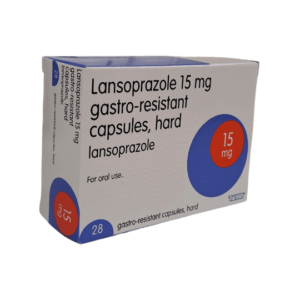
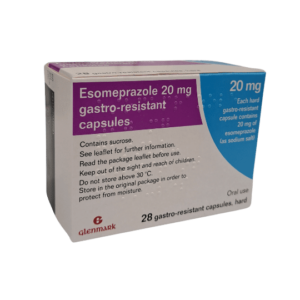
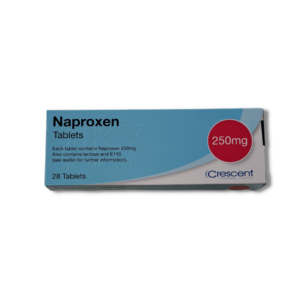

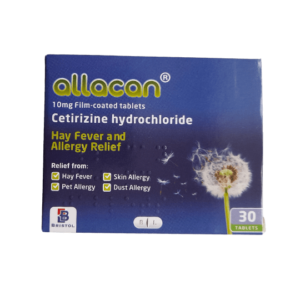
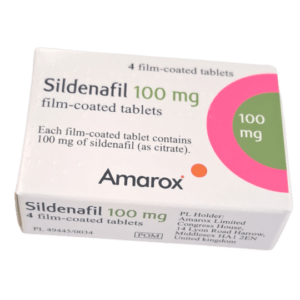

Online Chemist
82 Middleton Road
Gorleston
Great Yarmouth
Norfolk, NR31 7AH
Phone: 01493 600610
Email: info@onlinechemistuk.net
Superintendent Pharmacist:
Obaidullah Zaman
BPharm, MPharm, PGDip (Pharmacy), MRPharmS, IP
GPhC Reg. Number: 2083409
Pharmacy Premises GPhC Reg. Number: 9011159
Monday 09:00 – 17:00
Tuesday 09:00 – 17:00
Wednesday 09:00 – 17:00
Thursday 09:00 – 17:00
Friday 09:00 – 17:00
Saturday Closed
Sunday Closed
Click here for driving directions
OnlineChemist is a trading name of Nomaz Limited.
Registered in England – 11349276.
© 2025 All rights reserved.
Reviews
There are no reviews yet.